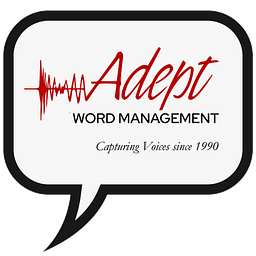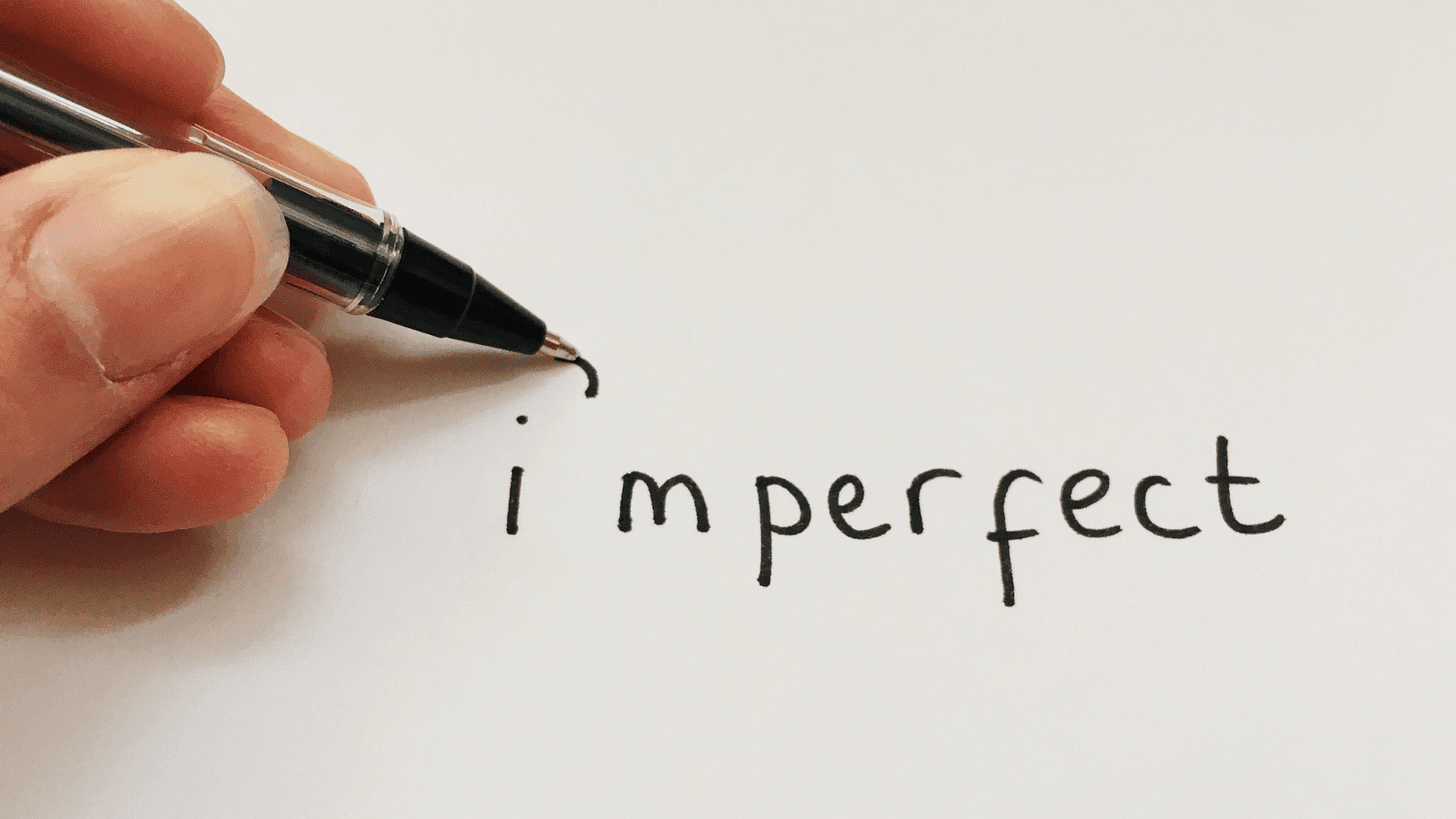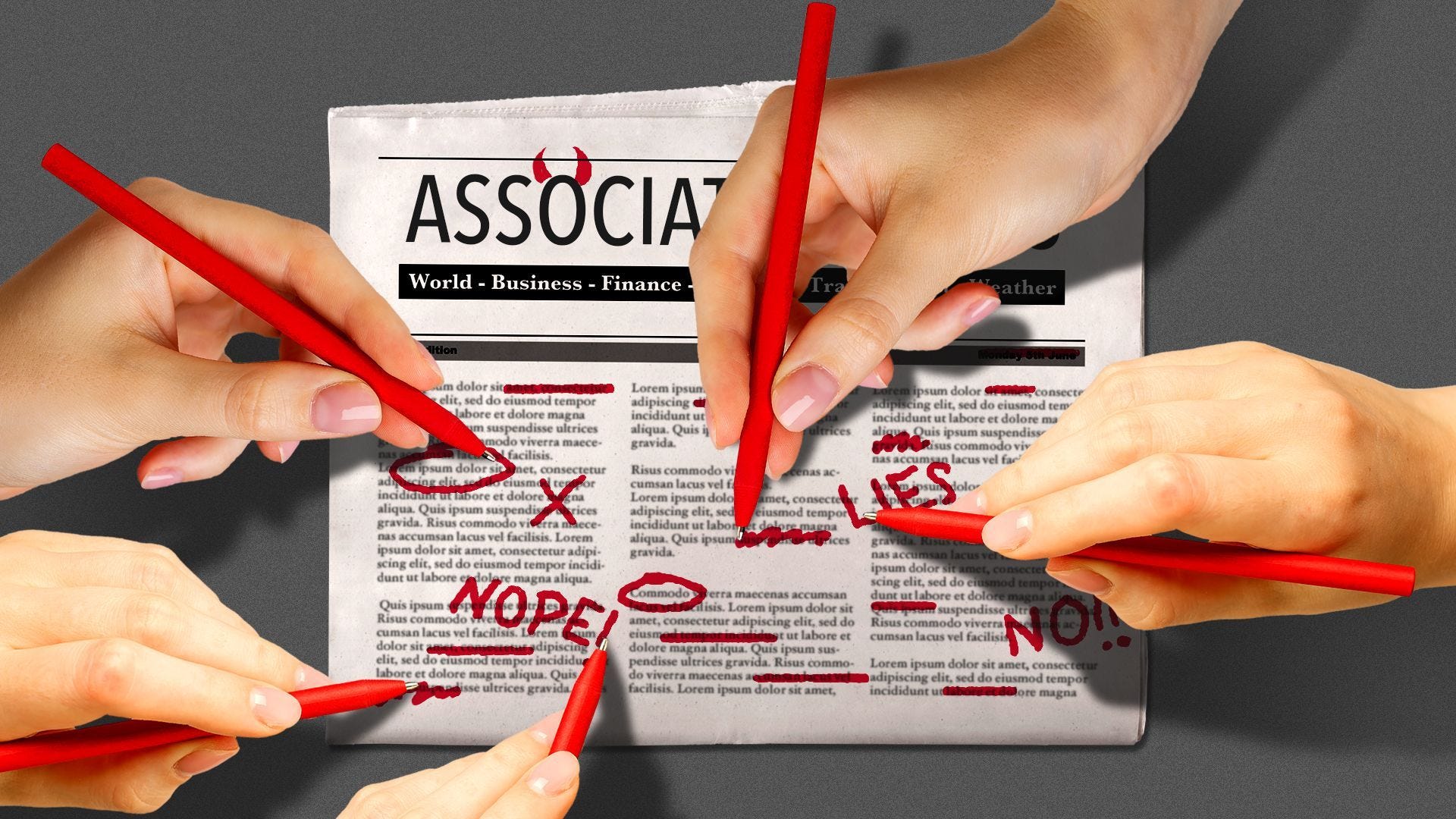I have run my business from home since 1990, and all of my staff work at home. I’ve watched the debate over working from home avidly. It feels like a clear winner for me. I have crises at work like everyone else, and I do tend to work a lot. But I work a lot because I love what I do and I’m doing it from the comfort of my own home, with my three dogs and an international staff.
Bob Rubila
05/16/2025
An Australian study, conducted over four years and starting before the pandemic, has come up with some enlightening conclusions about the impact of working from home. The researchers are unequivocal: this flexibility significantly improves the well-being and happiness of employees, transforming our relationship with work.
The tangible benefits of working from home
The Covid-19 pandemic acted as an unexpected catalyst, propelling millions of people into the world of teleworking. What appeared to be a temporary constraint for many quickly turned into a revelation: the possibility of carrying out professional tasks outside the walls of the traditional office. Five years after this massive transition began, a team of researchers from the University of South Australia has come up with some valuable scientific insights. Their study, which was unique in that it began before the health crisis, tracked changes in the well-being of Australian workers over a four-year period, offering a unique perspective on the long-term effects of teleworking.
The conclusions of this large-scale research highlight that, despite the sometimes contradictory data inherent in the complexity of the subject, offering employees the flexibility to choose to work from home has significant benefits for their physical and mental health.
Sleep and serenity restored
One of the first things we noticed when we started confinement was an increase in sleep time: almost half an hour more per night for teleworkers. This gain is not insignificant. Before the pandemic, the average Australian spent around 4.5 hours a week travelling for work. Researchers point out that this commuting time is often correlated with poorer mental health and a poorer perception of one’s own health. According to this study, educing or eliminating these daily journeys, which are sources of stress and fatigue, therefore has a direct and positive impact. Although a slight increase in alcohol consumption was noted at the outset, the overall trend is towards greater well-being.
The time-saving equation: between productivity and personal life
What can be done with these precious hours saved on transport? The Australian study, like work carried out in Spain which suggests up to ten extra days of free time per year for teleworkers, shows that this time is reinvested in various ways. Some of it is devoted to more work, and some to family responsibilities or caring. Interestingly, around a third of this freed-up time is allocated to leisure activities. As the researchers point out, “by devoting more time to leisure when working from home, there are more opportunities to be physically active and less sedentary”.
Healthier meals
Eating habits have also changed. The proximity of the kitchen may well have encouraged an increase in snacking. However, the study highlights a deeper trend towards healthier food choices. Consumption of vegetables, fruit and dairy products has risen, as has the preparation of home-cooked meals, a sign of increased attention to the quality of food.
Productivity and team cohesion: removing doubts
The transition to teleworking is not without its challenges and questions, particularly in terms of productivity and maintaining social links. The issue of teleworking productivity has long been a subject of debate. While some managers express fears about a drop in performance, sometimes pointing the finger at a lack of supervision, the Australian study, corroborated by other research, suggests that professional performance and productivity are maintained and even improved when employees work from home. Some experts also suggest that these assertions sometimes mask a lack of new management methods adapted to remote working.
One crucial point emerges from the study: the distinction between imposed and chosen teleworking. When working from home is imposed, as was the case during the strict confinements, mental health and well-being can suffer. On the other hand, when individuals choose to work from home, their well-being tends to improve significantly. This positive effect is all the more marked when employees benefit from the support of their colleagues and their company. Concerns remain about the impact on team cohesion, social ties at work and promotion opportunities. Although the connection between colleagues is more difficult to reproduce at a distance, the study tempers these fears by emphasising the stability, and even improvement, in performance.
Towards a new philosophy of work
The findings of this multi-year study call for a broader reflection on the organisation of work. Employees who work full-time from home or in a hybrid model report higher job satisfaction and well-being. This confirms the growing desire for greater flexibility and autonomy in managing one’s professional activity.
Working from home is not a universal solution, a one-size-fits-all model that can be applied to all situations. Rather, it appears to be a valuable option among others, capable of contributing to a better, more inclusive and flexible working environment. The researchers conclude that our approach to work must evolve, embracing the diversity of needs and lifestyles. It’s less a question of pitting face-to-face against remote working, and more a question of creating tailor-made solutions that benefit both employees and forward-thinking businesses.







